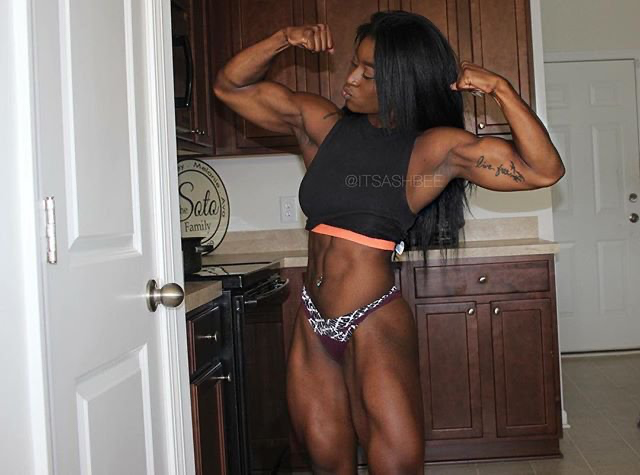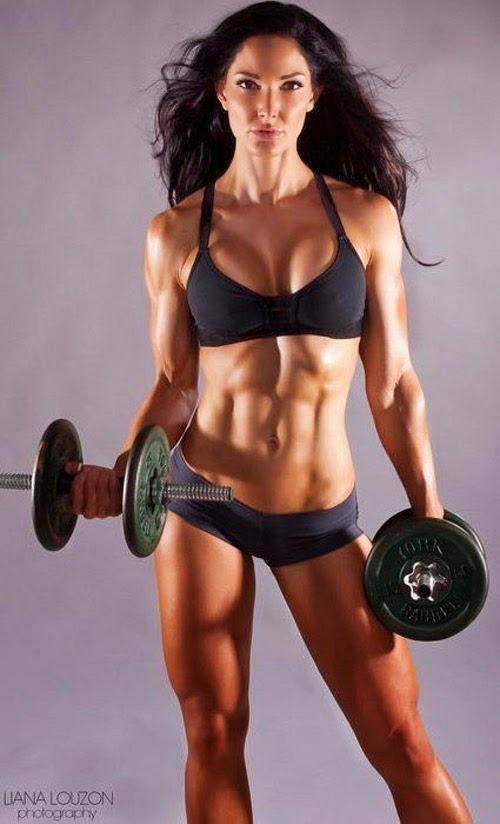

PART 1 – PART 3 – PART 4 – PART 5– PART 6
Some bodybuilders do not lower the weight to full extension with arms locked out because then they can’t lift as much weight. They forget that it is this lower area of the range of motion, which creates real thickness in the lower biceps and gives the muscle the appearance of coming right out of the forearm. When bodybuilders lock their arms out on curls they ruin the movement from the start by not doing a strict curling motion. What they are doing instead is lifting the weight using little shoulders and some back, wasting the first few movements in which the biceps simply are not involved.

Another mistake would be to bring the weight all of the way up, then neglecting to flex and contract the muscle. The bones and joints are under the most strain when the weight is up at the chin. Keep the muscle working by flexing it really hard or it will stay soft due to not keeping it under stress. You will never have full hard and rounded biceps if you get lazy at the top of your curl movements.

Big Biceps Cheat Curls:
Curls are one of the exercises where “cheating” can be most effective. Essentially a rotary movement, with curls the weight’s resistance works vertically. When doing curls, one lifts with a circular motion while gravity continues to pull the weight straight down. Sometimes during the movement one lifts out while at other times one is lifting up. In either case, the resistance is always up and down. One is never lifting continually in direct opposition to the weight as this makes the exercise less effective in certain parts of the movement.
Designers of curl machines make the statement their equipment, which works with rotary rather than linear motion is better for doing curls than barbells or dumbbells, but you don’t need a complex machine to surmount this difficulty. You can do some of your curls using weight that is too heavy for a strict curl. Even though you are using your back and shoulders to force the weight up, you are also forcing the biceps to work at maximum at every point along the curl.

A barbell or dumbbell is harder to lift at the point where your forearms are straight out than at the beginning of the movement when your are pointed more towards the floor. When doing “cheat curls” you can use weight that seems very heavy in the ‘easy’ part of the curl, then cheat a little to get past the ‘hard’ part when the resistance is too great to overcome by using strict technique. Cheat curls, however, should not be more than 25 to 30 percent of your biceps program because you also need a variety of strict movements in order to develop the overall quality of the muscle.

